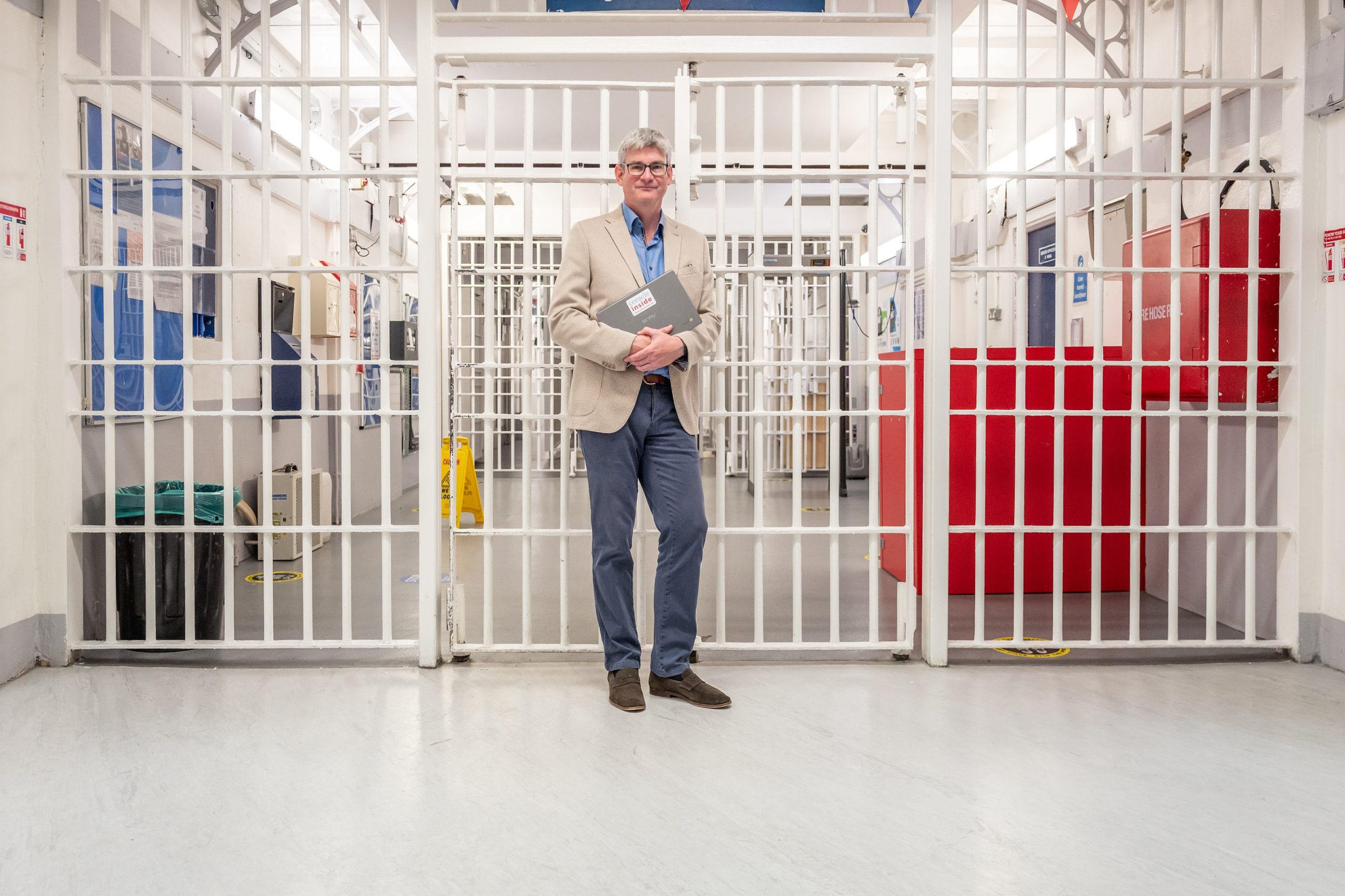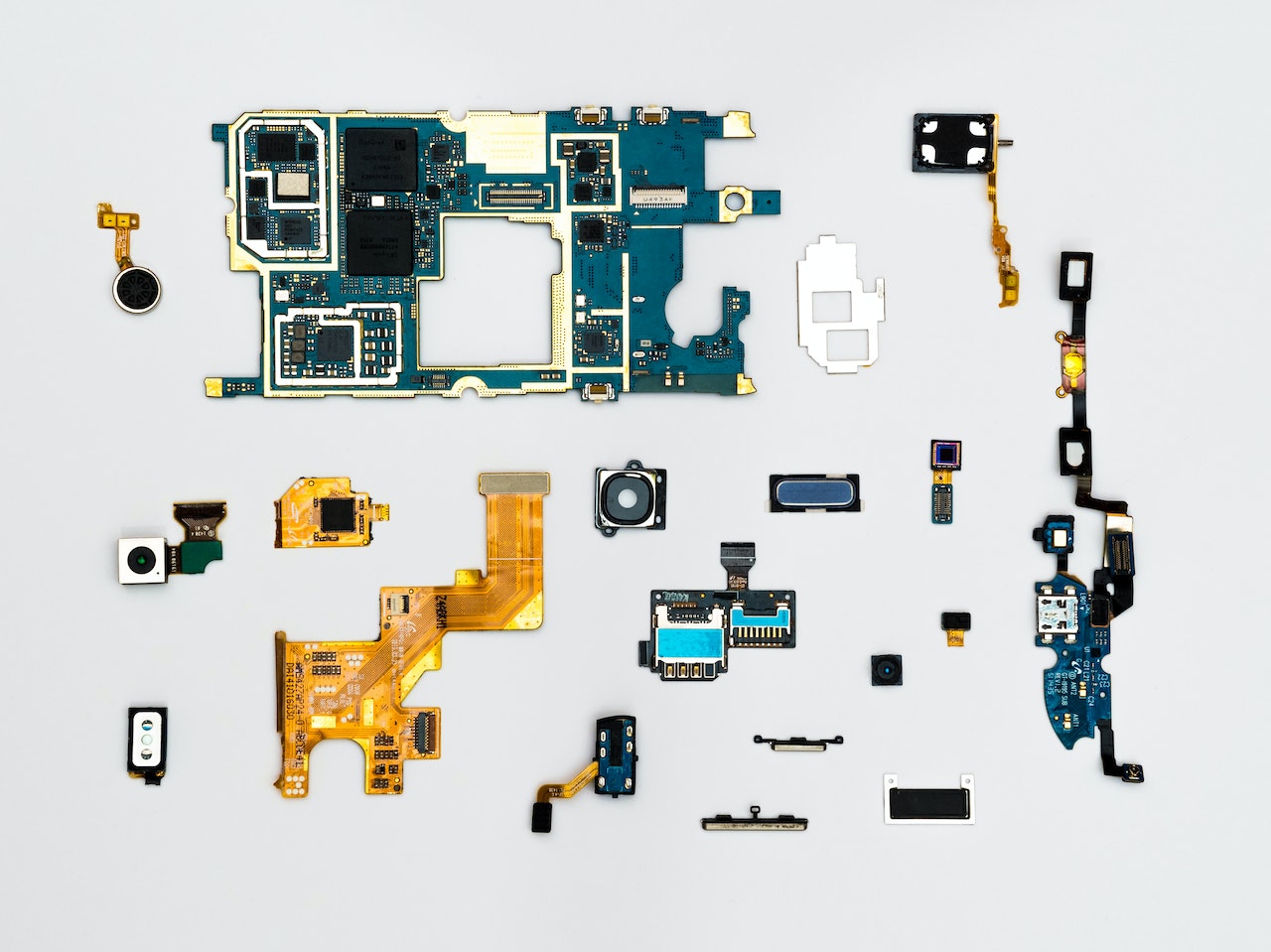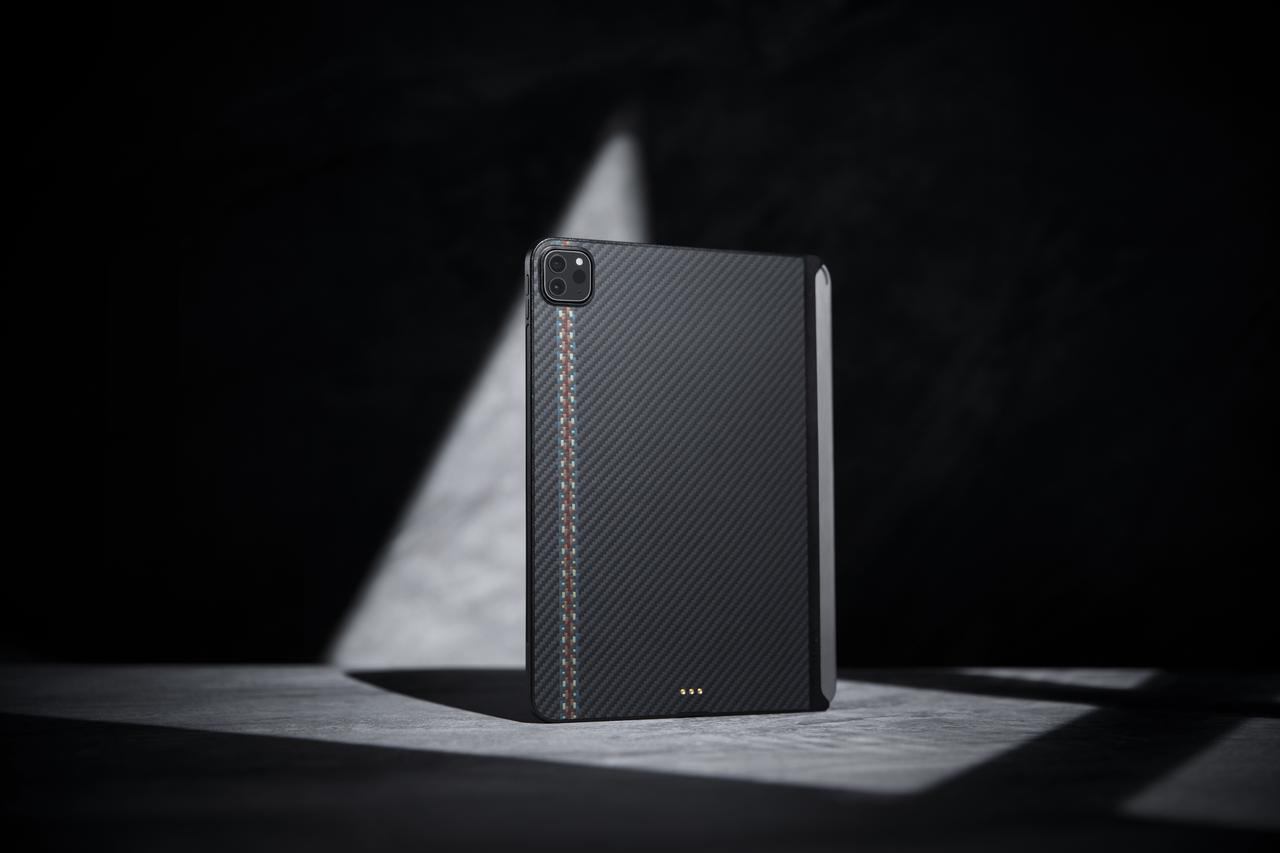An e-learning entrepreneur has called for improved access to digital learning for prisoners on World Usability Day.
James Tweed is the founder of digital learning company Coracle, which provides inmates at 50 prisons in England and Wales with access to education in their cells.
He says World Usability Day (November 10), should be a time when it is recognised there are some in society unable to access digital technology.
Tweed said: “On World Usability Day we should recognise that there are some large and ignored groups almost completely barred from accessing the internet or digital technology.
“Groups such as prisoners and homeless people have very little access to digital. Both are massively disadvantaged as a result and this can lead to cyclical behaviour.
“Not being able to access the internet means no access to work, training, skills or support and so they end up back on the street.
“The homeless and prisoners are highly connected, because ex-offenders often struggle to find work and can end up sleeping on the streets as a result. Those on the streets often turn to crime.”
Tweed says this cycle can be broken for many with the introduction of better digital learning in prisons. “We can reduce reoffending by making digital accessibility a priority for prisoners,” he said.
“We know from our own research that the public are strongly in favour of this initiative,” added Tweed.
Coracle’s online poll of 2315 people from across the UK in August 2022, showed that 88.5 percent of respondents, or nearly nine out of ten people, believe that inmates should receive education during their time in prison.
Tweed said: “The British public want people to leave prison and find employment, but they also recognise that this can be very challenging.
“All released prisoners should be literate and numerate, have basic digital skills and a CV. Yet many leave prison missing some or all of these things.”
Crime is very costly and a report from the Ministry of Justice estimates the cost of reoffending to be £18bn per year.
Image: James Tweed






